The luxury goods sector has experienced a positive year, with the STOXX Europe Luxury 10 Index rising by 22.81% as of June 12, 2023, reaching an all-time high in April. This growth coincides with the reopening of China’s economy after three years of pandemic-related lockdowns. A noteworthy achievement is seen in LVMH Moet Hennessy Louis Vuitton, the world’s largest luxury conglomerate, making history by becoming Europe’s most valuable company ever, boasting a market capitalization surpassing $500 billion.
In the context of the thriving luxury industry, Luxe Digital recently unveiled its ranking of the world’s most popular luxury brands online. Their methodology involves leveraging data from various sources, beginning with Deloitte’s top luxury goods companies list and Forbes’ most valuable brands list. Google Trends data plays a crucial role in measuring online search interest for each brand, while SimilarWeb and Rival IQ data contribute to assessing web traffic and social media engagement. This comprehensive approach ensures a nuanced ranking reflecting both financial standing and digital presence.
Certainly! Here are the top 10 most popular luxury brands of 2023:
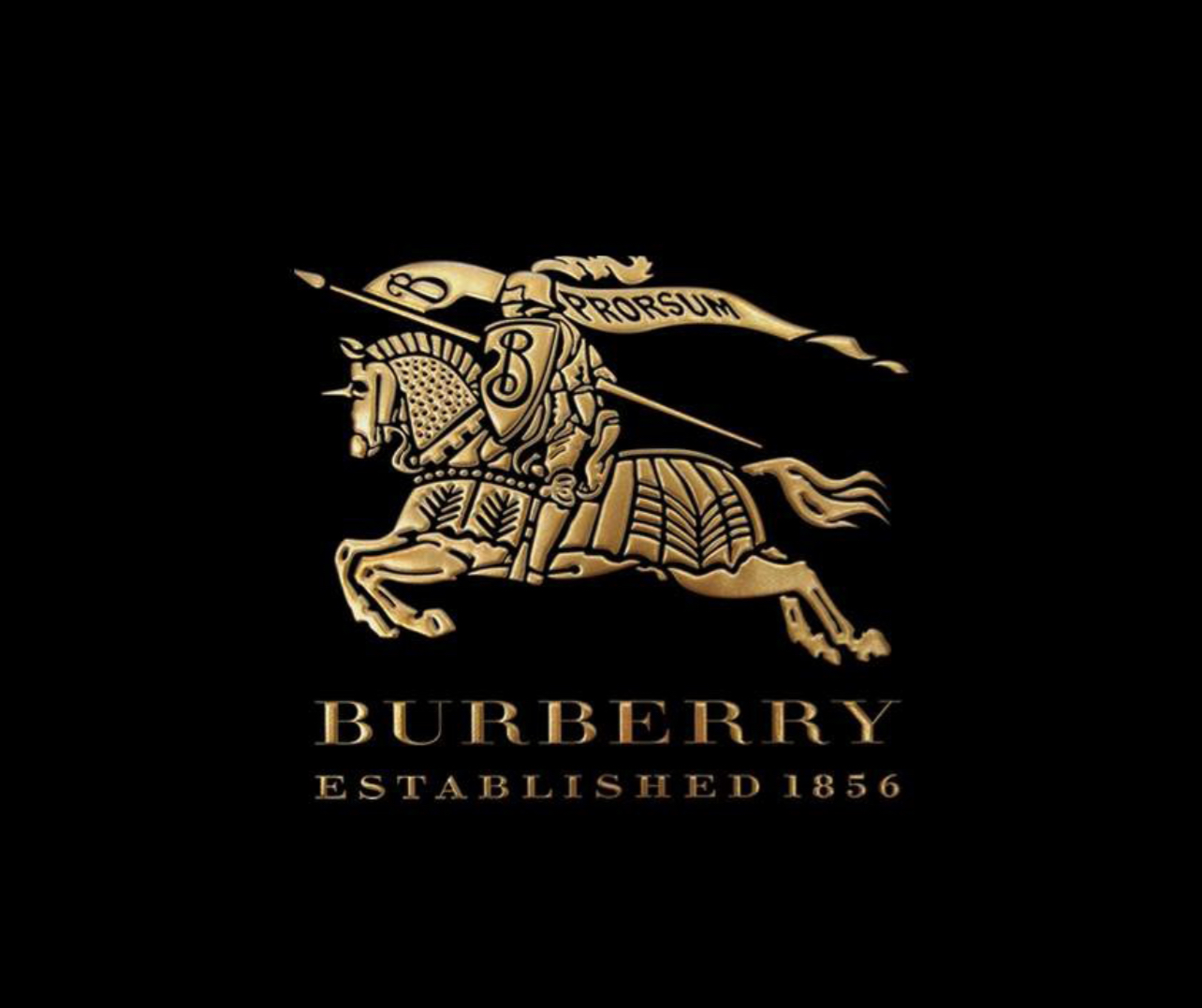
10- Burberry secures the 10th spot among the most popular luxury brands online, undergoing a transformation under new leadership. With a refreshed approach, the British heritage brand focuses on appealing to a new generation by blending British tradition with modern luxury aesthetics. Featuring talents like Burna Boy and rapper Kano, Burberry explores new designs in outerwear while expanding its leather goods and shoes portfolio, aiming for accessories to constitute more than half of its sales. Recognized as a digital pioneer, the brand earned the Metaverse World and Gaming Experience Award in December 2022 for its NFT launches and collaboration with Minecraft. Emphasizing sustainability, Burberry aims to reduce production chain emissions by 46% by 2030, achieve a «climate positive» status by 2040, and has banned the use of exotic skins in its collection.
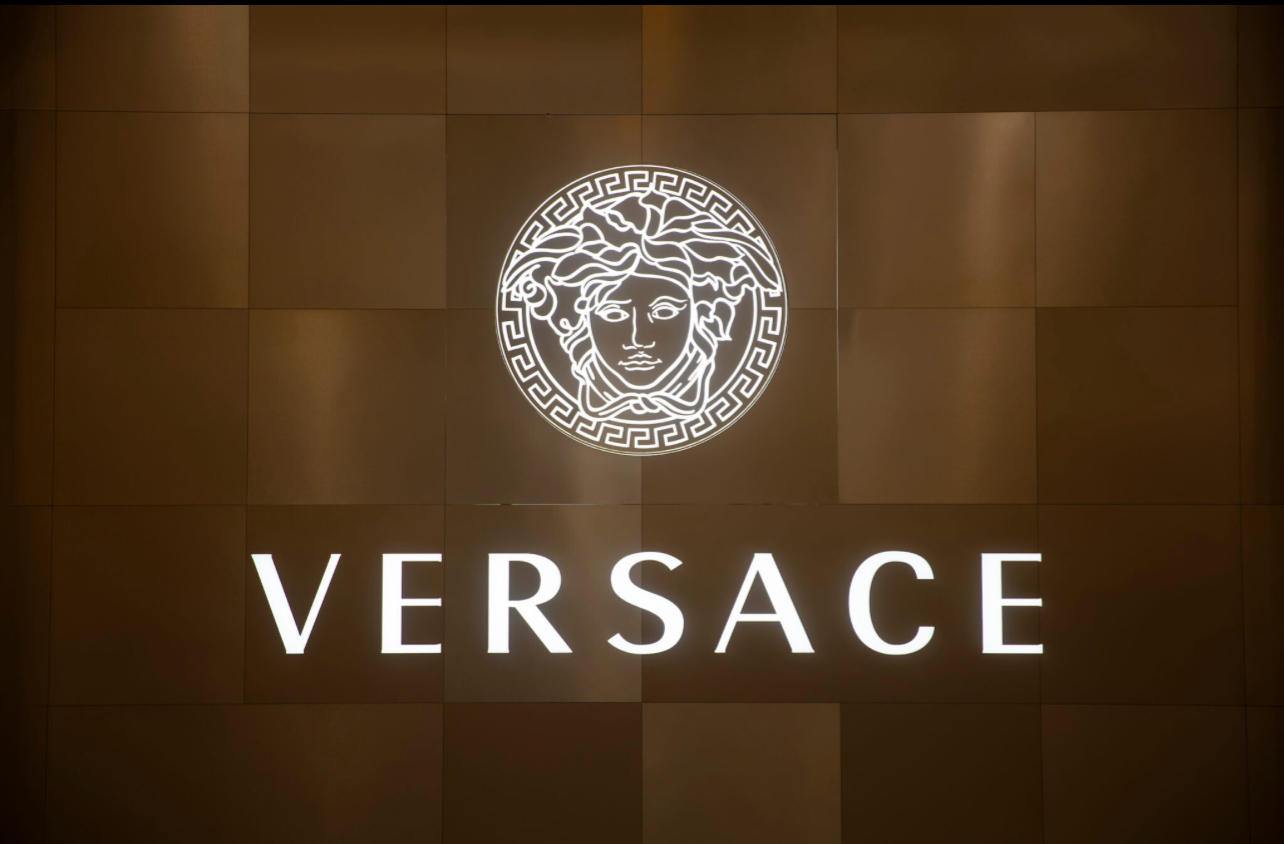
9- Italian luxury brand Versace, founded in 1978 by Gianni Versace, cements its spot in the top 10 most popular luxury brands in 2023, having leaped 10 positions in 2021. Acquired by Capri (then Michael Kors Group) in 2018, Versace’s distinct style has been popularized among young consumers through high-profile fashion events and celebrity endorsements. Offering a range from haute couture to home furnishings, Versace aims to increase its accessories revenues to 50% over time. It also plans to enhance its e-commerce capabilities to broaden its global reach, selling products through its own boutiques, e-commerce platforms, multi-brand retailers and e-retailers.
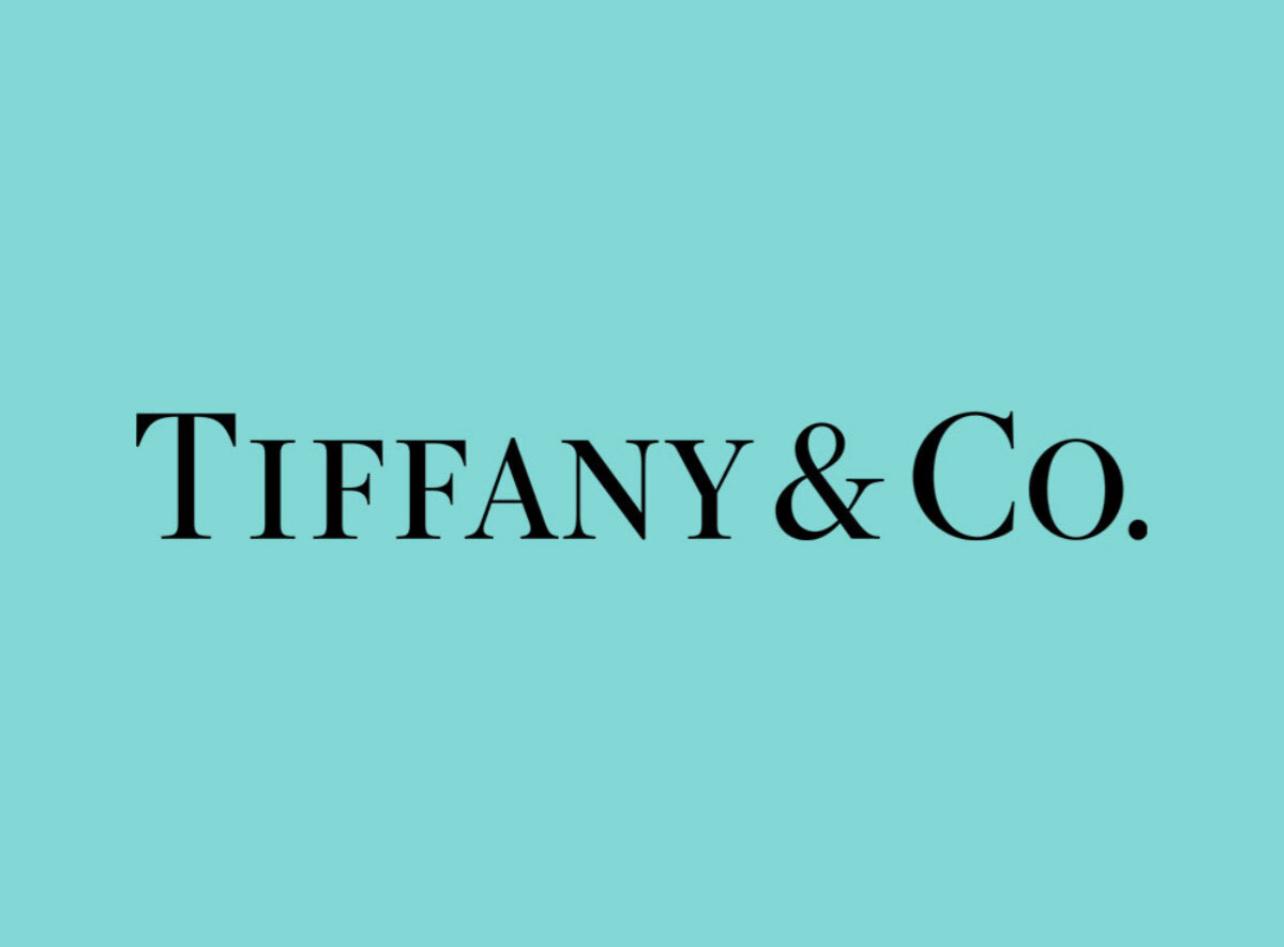
8- Tiffany & Co., acquired by LVMH in 2021, experienced a slight dip in popularity this year but remains strategically active. The American jewelry company is broadening its product range to attract a younger, more affluent audience and is undergoing a retail store revamp. Vice President Alexandre Arnault, post-LVMH acquisition, injected new life into the brand through successful collaborations and a high-profile ad campaign featuring Beyonce and Jay-Z. Notable events included the unveiling of a 200-carat Tiffany diamond necklace at the Met Gala, appointing K-pop star Jimin as a global ambassador, and the reopening of its flagship New York store.
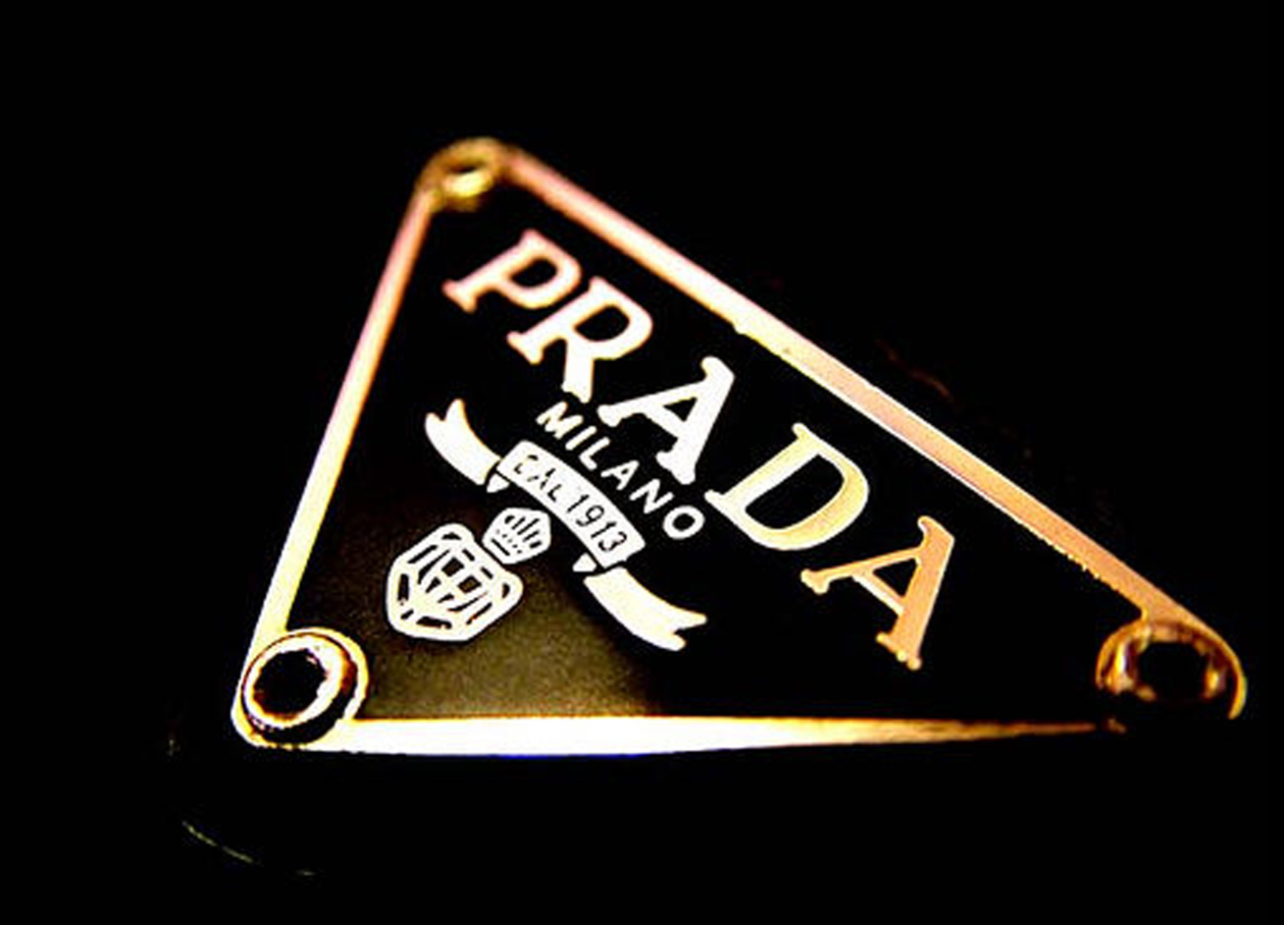
7- Family-owned Prada has ascended to the seventh position in 2023, experiencing an impressive 49% year-over-year growth in website traffic. The brand’s strategic move towards online engagement has successfully attracted a younger, affluent audience. Prada’s adoption of new technologies like blockchain and NFTs is enhancing the overall customer experience. Notably, the launch of sustainable product lines such as Eternal Gold jewelry and Prada Paradoxe perfume underscores the brand’s dedication to sustainability, reflecting contemporary consumer values.
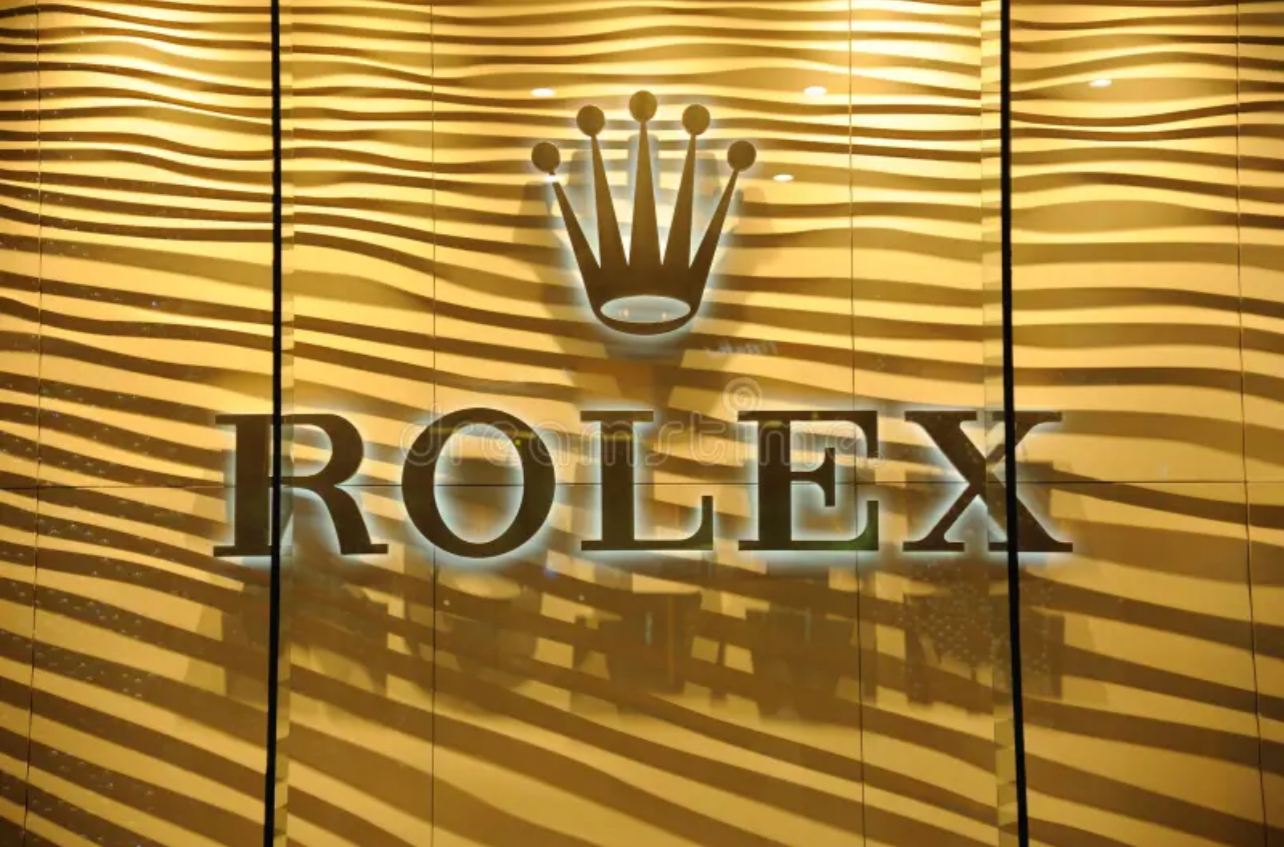
6- Maintaining its sixth position in 2023, Rolex stands as the most sought-after luxury watch brand online and retains its status as the largest luxury watch brand globally. This stability is owed to the enduring appeal of its core collections, consistent new model releases, and the increasing interest in second-hand watches. Despite lacking e-commerce options, Rolex benefits from the surge in popularity of luxury resale sites and the launch of its Certified Pre-Owned program. With estimated retail sales of $10.3 billion in 2022, Rolex dominates the global luxury watch market with an impressive 31% share, supported by its exceptional brand recognition and a growing base of young, affluent consumers.
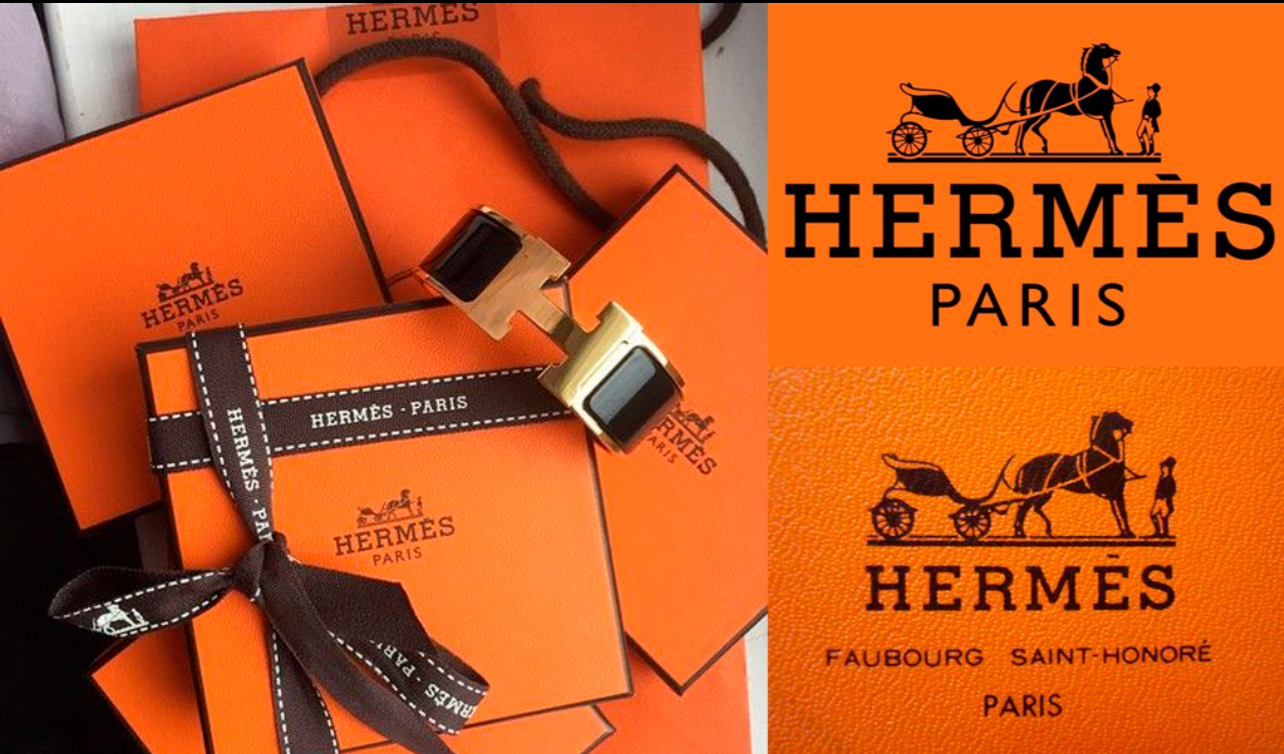
5- Maintaining its fifth position in the 2023 online luxury brand ranking, Hermès witnessed a notable 33% increase in year-over-year website traffic. Renowned for iconic items like the Birkin bag, Hermès holds enduring desirability and a robust presence in the secondhand market. Despite a conservative approach to distribution, the brand has substantially broadened its product range on its official website. Achieving a market capitalization exceeding €200 billion ($218 billion) in April 2023, Hermès has secured the position of the world’s second-most valuable luxury brand.
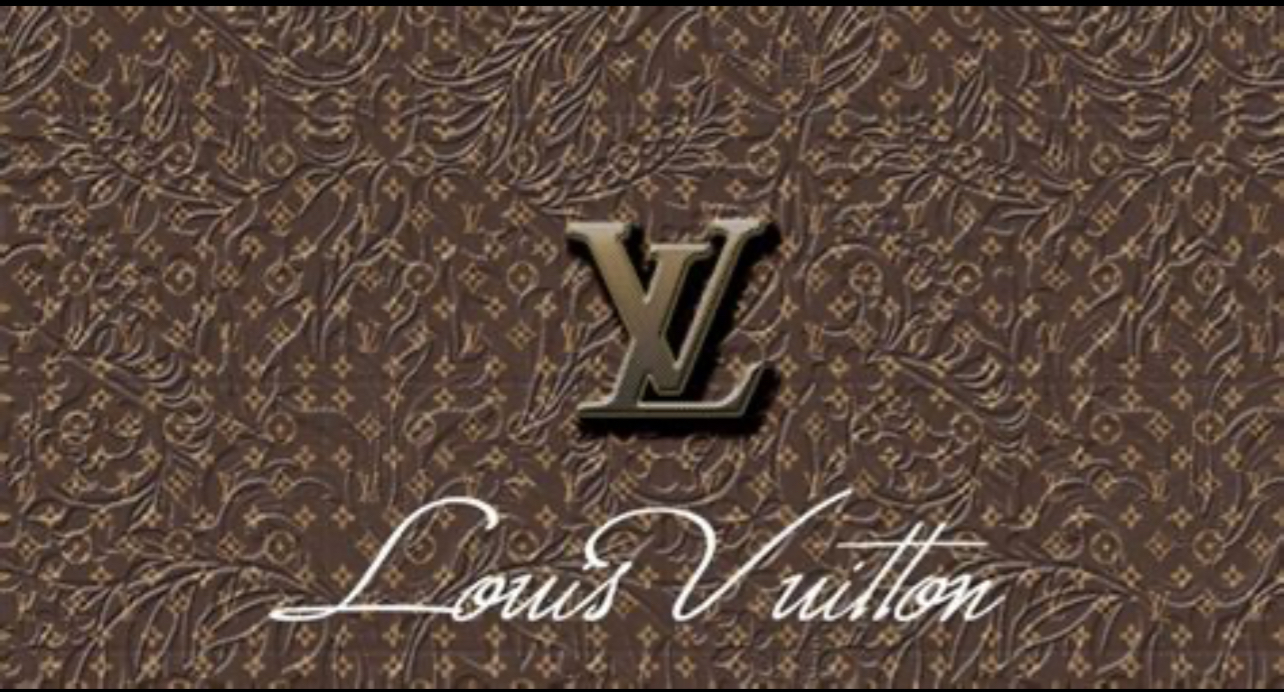
4- Maintaining its fourth position in Luxe’s 2023 ranking, Louis Vuitton experienced a decline in online search interest from 15% in 2020 to 9% in 2023. However, the brand remains robust with the highest website traffic volume, averaging 16.5 million visitors per month and showing a 25% year-over-year increase. Known for product line reinventions and artistic collaborations, Louis Vuitton commemorated its history with the immersive LV Dream exhibition in Paris. The brand retains influence in China and holds a position among the top 10 most valuable European brands. Recent appointments of Pietro Beccari as CEO and Pharrell Williams as Creative Director of Menswear are anticipated to bolster the brand’s online popularity.
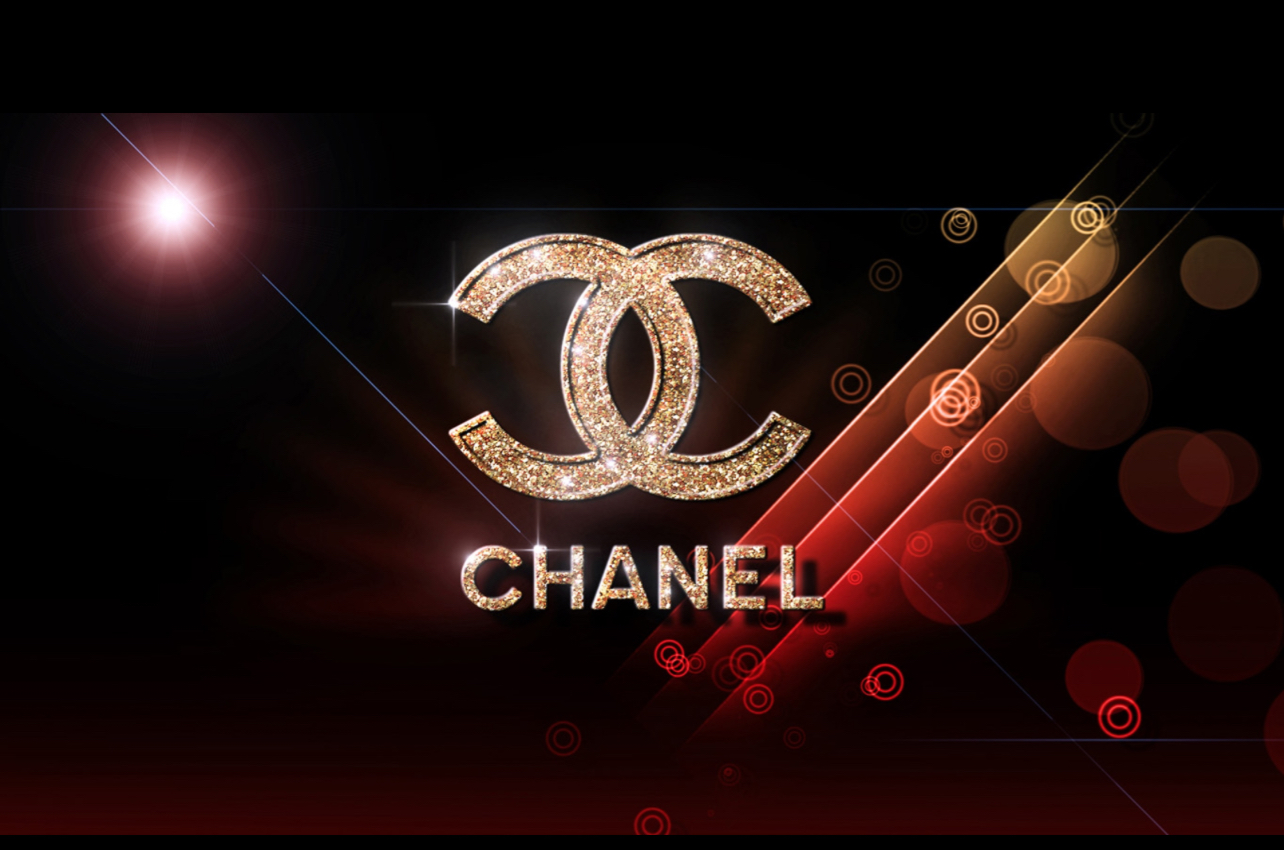
3- Holding onto its third position in the 2023 online luxury brand ranking, Chanel, the French fashion house, achieved a noteworthy 26% growth in website traffic, despite its traditional aversion to online sales. Renowned for iconic products like the Classic Flap Bag and fragrances such as Chanel No. 5, the brand’s global recognition is reinforced by a surge in younger consumers. The addition of actor Timothée Chalamet as a brand ambassador contributes to this appeal. Chanel gained prominence by dressing numerous celebrities at the 2023 Met Gala and opening its largest boutique on Rodeo Drive in Beverly Hills. Privately held by Alain and Gerard Wertheimer, grandsons of Coco Chanel’s early business partner Pierre Wertheimer, the brand maintains its prestigious standing.
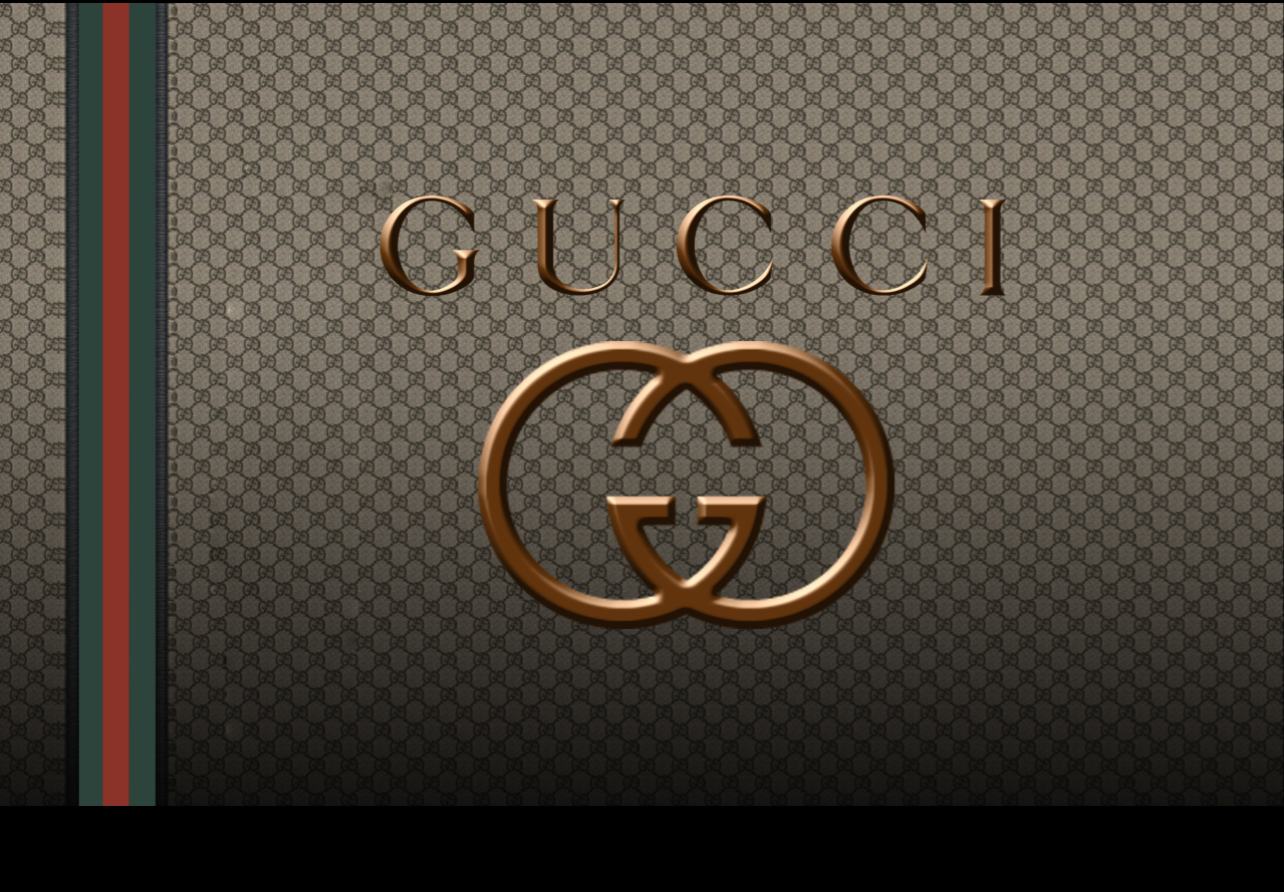
2- Gucci, the Italian fashion house, slipped to the second position in 2023 after dominating the top spot for years. Despite a decline in online search interest from 22.34% in 2019 to 13.4% in 2023, the brand maintains a strong digital presence, registering a 13% growth in website traffic from 2022 to 2023. As a subsidiary of Kering, Gucci continues to explore the metaverse in collaboration with Yuga Labs, even amid changes in leadership. Notably, in April 2023, the company introduced its inaugural ultra-luxury boutique in Los Angeles, accessible exclusively by appointment.
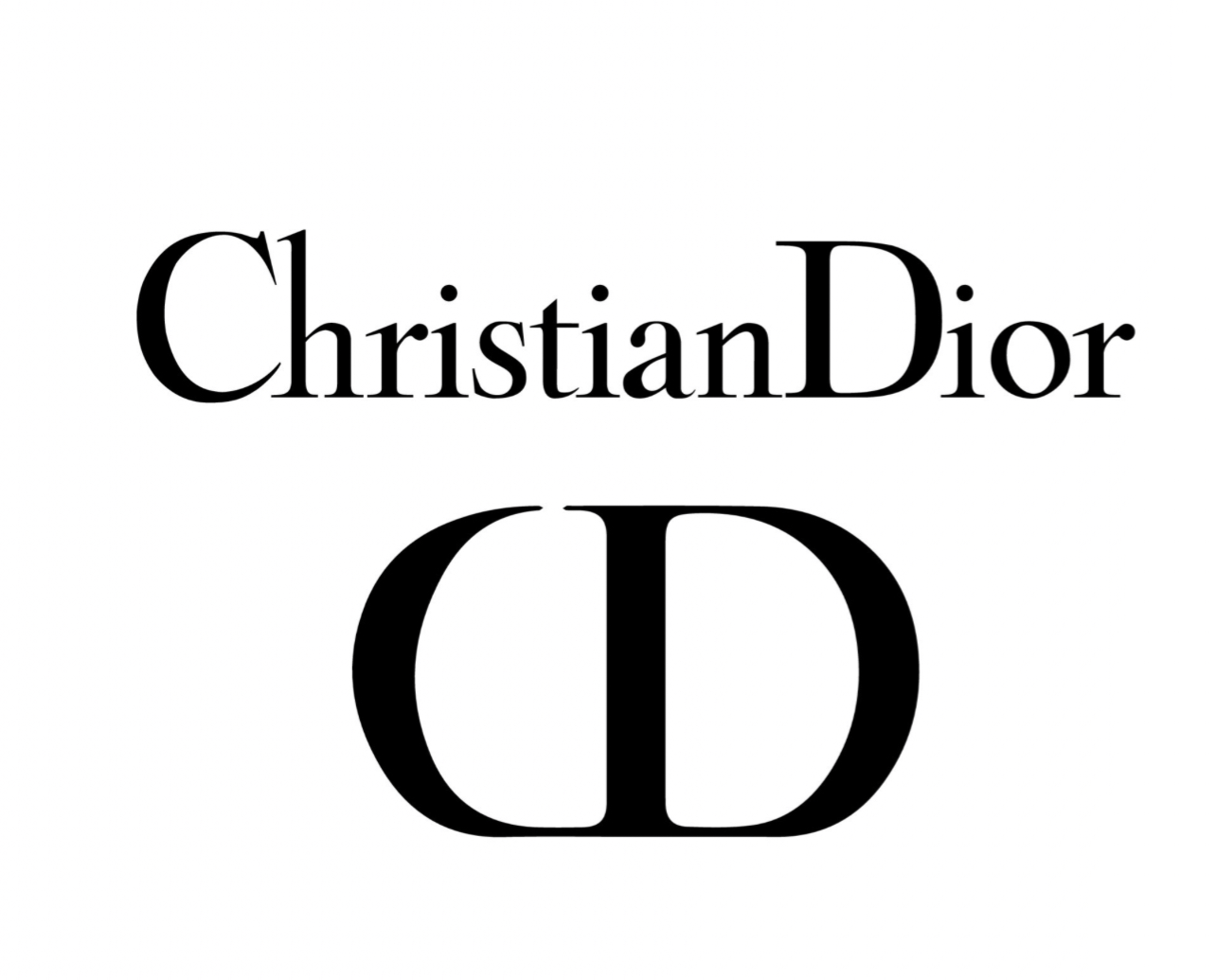
1- Christian Dior secures the top position in Luxe Digital’s annual ranking for the first time, marking a consistent climb from number seven in 2019. As a pivotal member of LVMH’s luxury empire, the Paris-based company adopts a forward-thinking approach, exploring the metaverse and expanding into new markets. Dior strengthens customer engagement through various channels, including directly operated stores, e-commerce, live streaming, and a robust social media presence, particularly in China. The brand gained significant attention with its first European luxury brand show in India. In 2023, Dior experienced a remarkable 48% growth in website traffic compared to the previous year, driven by the popularity of its iconic handbags and perfumes, along with the success of its premium skincare line.
